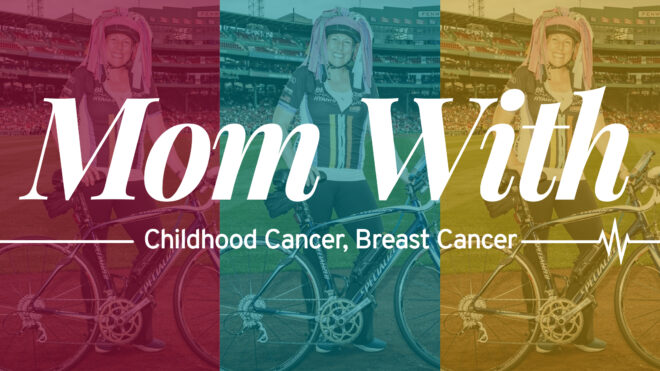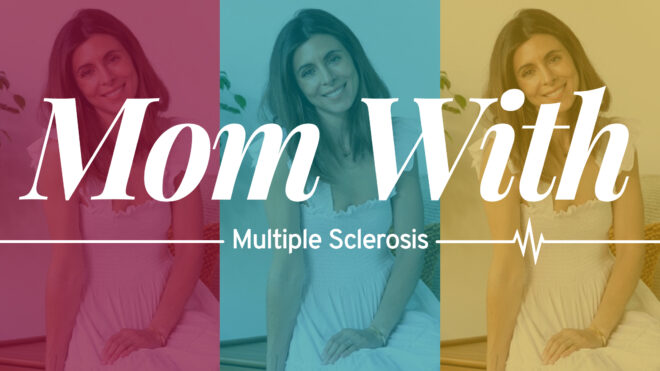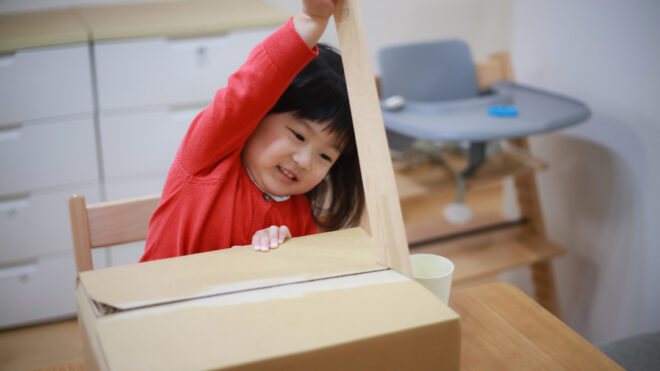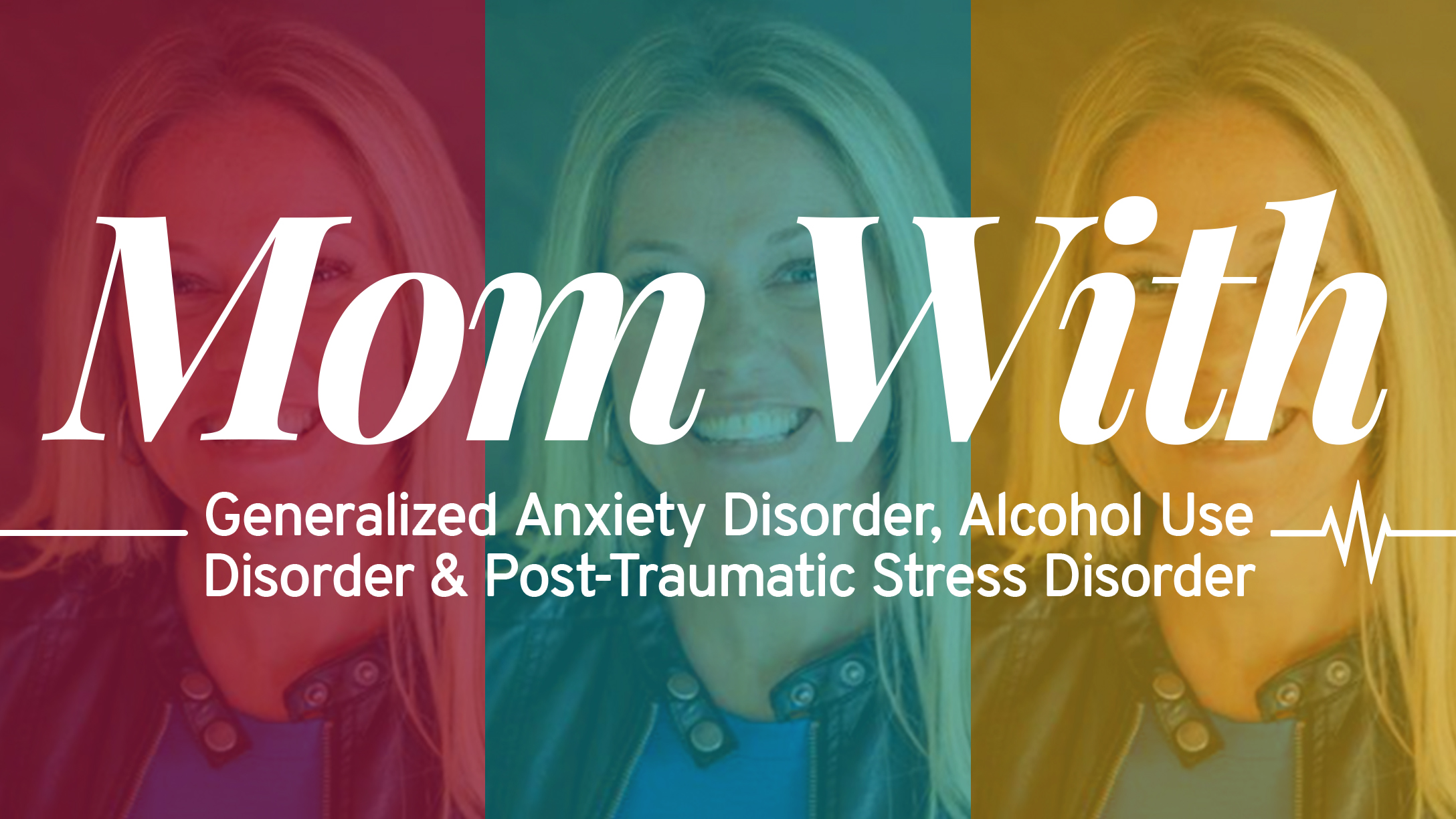
Our monthly column MOM WITH aims to redefine what it means to be a "normal" mother by focusing on how it feels to live with a developmental or mental disorder. We see you, we hear you, and we're in this together.
Kelley Kitley, a licensed clinical social worker, is mom to four kids, ages 17, 15, 13, 11. Like many mothers, she has had her struggles in the past that are brought forward today in her parenting. Kelly is 44 years old and has suffered from generalized anxiety disorder since she was 12. She also struggled with drinking on and off for 20 years with alcohol use disorder and has been in recovery for 10 years. In addition, after a sexual assault from a random act of violence 23 years ago on the streets of Chicago, Kitley also suffers from PTSD.
The road to recovery as a mother with these struggles hasn’t always been easy, Kitley admits. “I started medication and therapy for an eating disorder as a sophomore in high school” she tells CafeMom. “I used my eating disorder as a way to 'manage' my anxiety, or so I thought. This started to develop as a result of sexual abuse as a child, by a family friend. I told my parents about it, but it was minimized and never discussed again.”
More from CafeMom: How To Protect Teens From Toxic Diet Culture at Home
Too often, the pain of recovering from sexual abuse is too much too handle — especially if not confronted with help and support from loved ones.
Being a mother who has a history of alcohol use disorder or PTSD from sexual abuse can indeed have an impact on parenting. It is important to note that every individual's experience and journey is unique, so the effects can vary from person to person. There are often ways in which these experiences may affect motherhood, explains Dr. Nick Bach, a psychologist.
“Both alcohol use disorder and PTSD can lead to emotional difficulties, such as anxiety, depression, mood swings, or difficulty regulating emotions” Bach explains. “These challenges may make it harder for a mother to manage stress, be emotionally available for her child, or maintain stable relationships.”
More from CafeMom: 15 Things Everyone Should Know About Mental Health
Kitley admits that her struggles have absolutely made life more difficult for her as a mother.
“After years of therapy, I was managing my anxiety well. After the birth of each of my children, I struggled with postpartum anxiety and panic and needed to go back on medication," she tells CafeMom. "I felt completely overwhelmed and used alcohol to self-medicate."
Research suggests that 1 in 10 children lives with a parent who has an alcohol use disorder, which can understandably cause dysfunction in families.
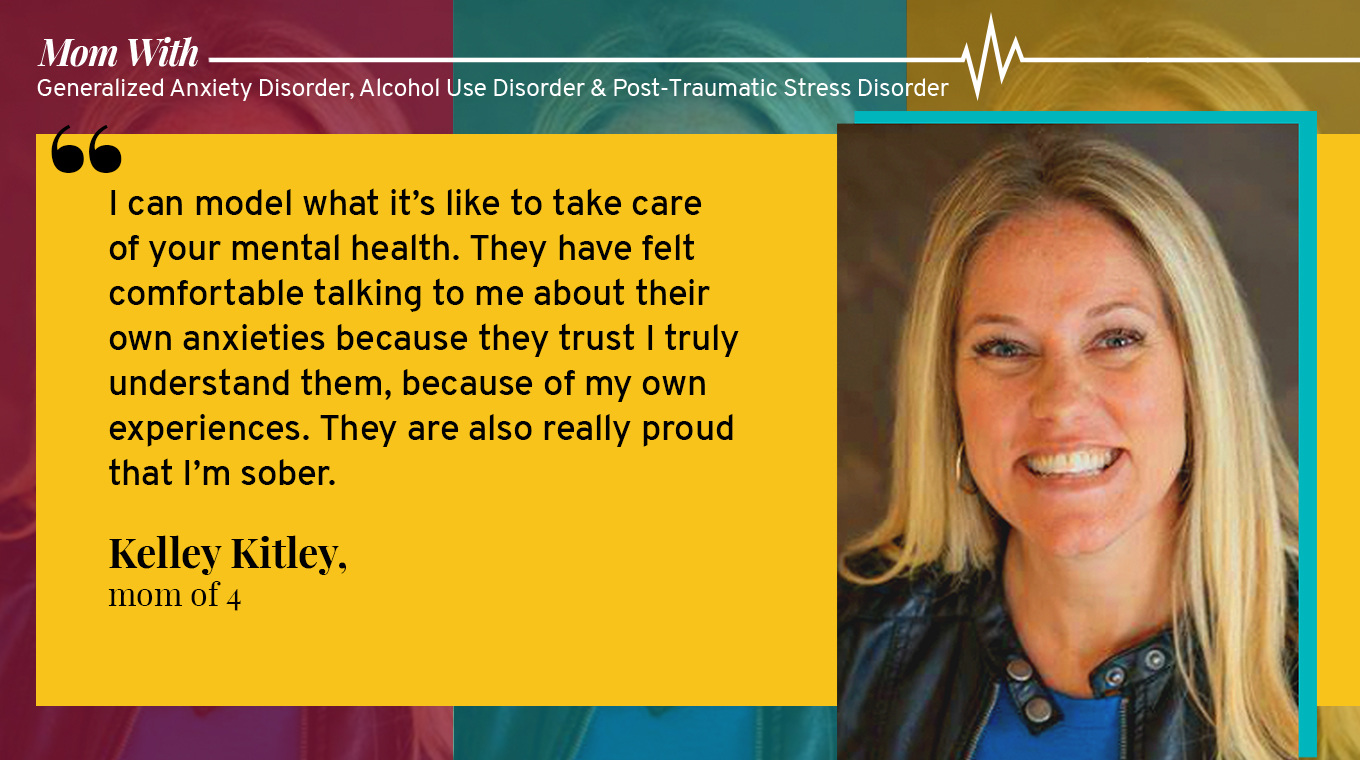
Kitley says she has relied on therapy and medication to help her live a clean and happy life. She shares that she has been in and out of therapy for over 20 years, and since she got sober over 10 years ago, she has consistently taken medication to manage her problems with anxiety.
Depending on the age of your children, it’s important to be up front with them about your own struggles. Our children need to see us as real people, because although in our children’s eyes they may view us as their parents as perfect, no one is perfect and everyone has their own battles to fight.
“Our children are educated about mental health issues, as they are at high risk for developing one, due to my genetics” Kitley says. “They also know I’m in recovery from alcohol abuse and have been educated about the risks of drinking and drug use. They know taking alone time, connecting with others, and exercise help keep my anxiety at bay.”
Any mom can relate to the struggle of having children and running their own business.
Kitley has four children and runs her own company. She says she still gets overwhelmed easily and sometimes has racing thoughts as soon as her feet hit the ground in the morning. She needs to actively reframe her thoughts and do grounding exercises, such as meditation, on a daily basis to ensure she is her best self.
Unfortunately, Kitley admits she has a strong startle response from her history as a sexual assault victim.
“My children know they can’t sneak up on me. There were times when they were younger and they didn’t know about my PTSD. They loved to scare me and I’d scream so loud, sometimes resulting in crying," she explains.
Bach says it is essential to remember that with appropriate support, therapy, and self-care, individuals can heal and develop healthy coping strategies.
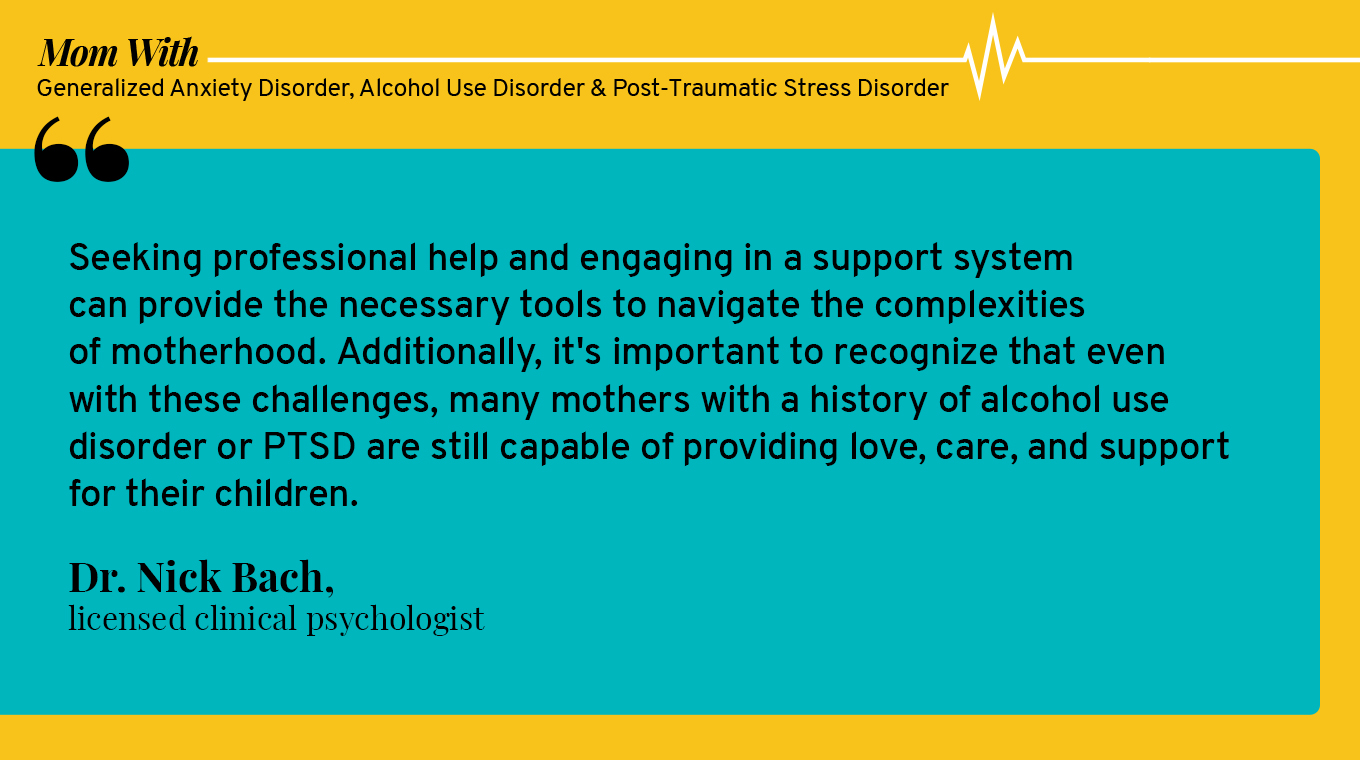
“Seeking professional help and engaging in a support system can provide the necessary tools to navigate the complexities of motherhood. Additionally, it's important to recognize that even with these challenges, many mothers with a history of alcohol use disorder or PTSD are still capable of providing love, care, and support for their children," he tells us.
Sometimes our battles help us fight harder for our future, especially for our children.
We all have baggage — it’s what makes each of us who we are. No one is perfect, and the idealistic view of the "perfect mother" must be put to an end. There is no such thing as a perfect mother. We can find perfect ways to be parents with our imperfections and all.
Kitley looks at motherhood with a positive attitude and believes that her struggles in life have actually helped make her a better mother.
“I can model what it’s like to take care of your mental health. They have felt comfortable talking to me about their own anxieties because they trust I truly understand them, because of my own experiences," she shares. "They are also really proud that I’m sober.”


